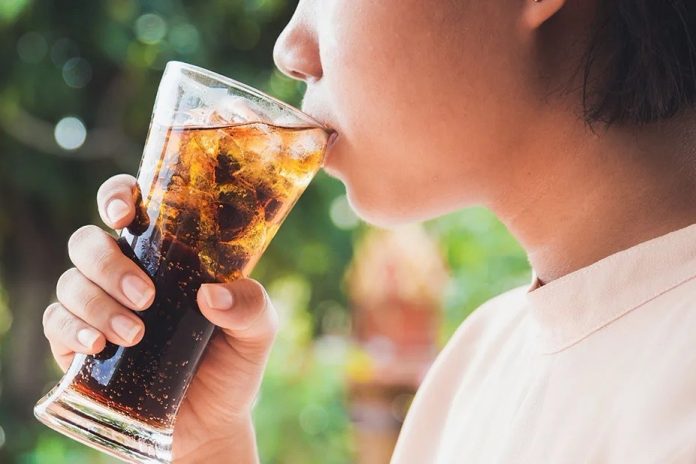A study published last week in the Journal of Pediatrics concludes that kids drinking soda may develop behavior issues including aggression, attention problems and social withdrawal. Soda drinking is already linked to childhood obesity and now this study of almost 3,000 families with preschoolers continues to substantiate the claims that soda is a detrimental factor in child health.
This study may be the first to indicate a link between soda and negative behavior outcomes in young children. Previous studies have made the link with teens.
To that end, Columbia University epidemiologist Shakira Suglia and her colleagues examined data from the Fragile Families and Child Wellbeing Study, which followed 2,929 mother-child pairs in 20 large U.S. cities from the time the children were born. The study, run by Columbia and Princeton University, collected information through surveys the mothers completed periodically over several years.
Suglia and her colleagues found that even at the young age of 5, 43% of the kids consumed at least one serving of soda per day, and 4% drank four servings or more.
The more soda kids drank, the more likely their mothers were to report that the kids had problems with aggression, withdrawal and staying focused on a task.
The researchers found a strong connection across all demographics even when adjusting for socio-economic factors. One negative factor of the study may be that it is largely based on self-reported data. The actual results could be skewed from what was reported, since human nature may not cause some people to be completely honest in self-reporting. Researchers stated that because of the possible uncertainty of the data, caution should be used in drawing conclusions.
Suglia indicated that future studies she wants to conduct would make comparisons between types of soda and behavior- for example, regular versus diet, or caffeinated versus non-caffeinated.















